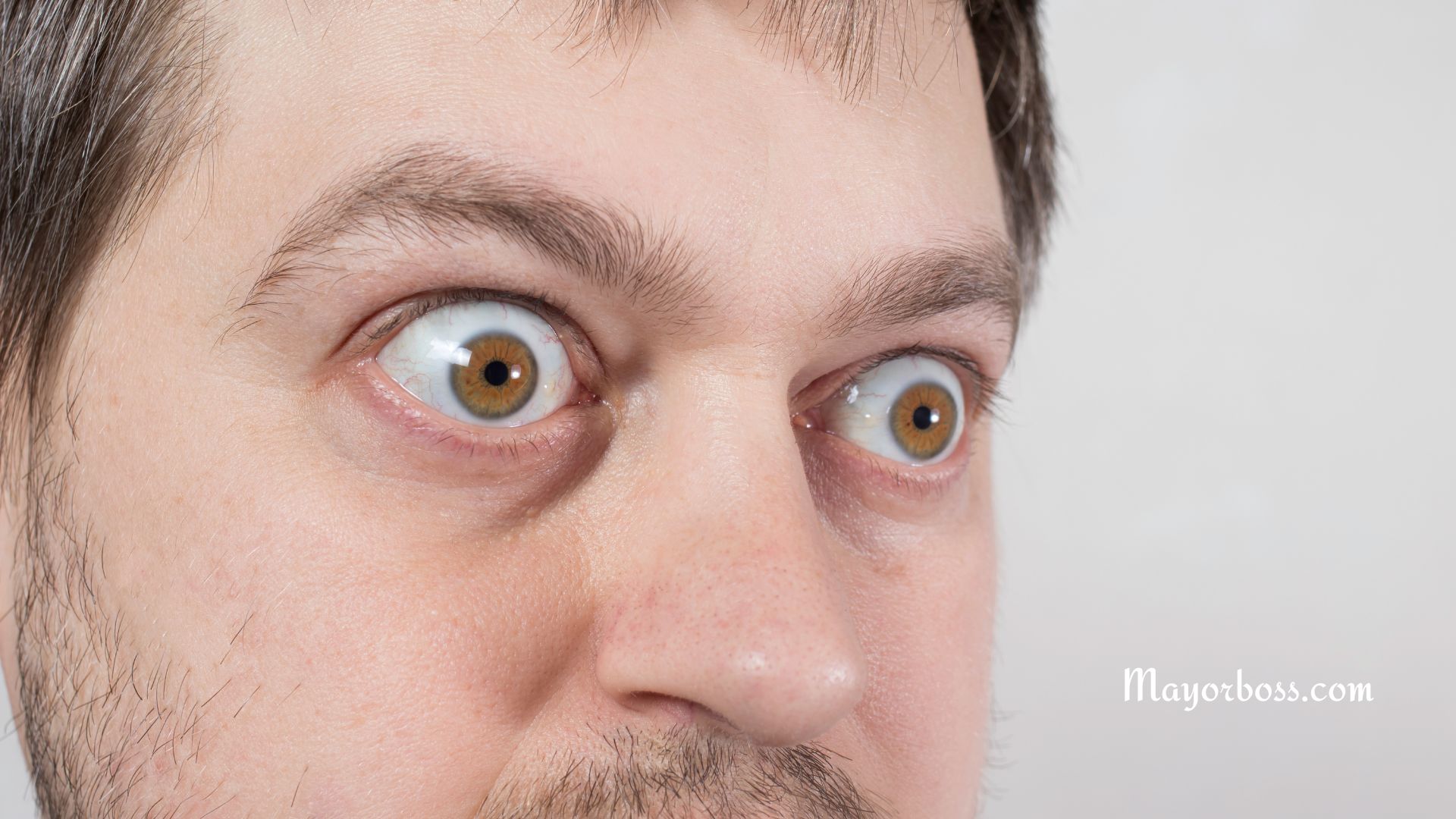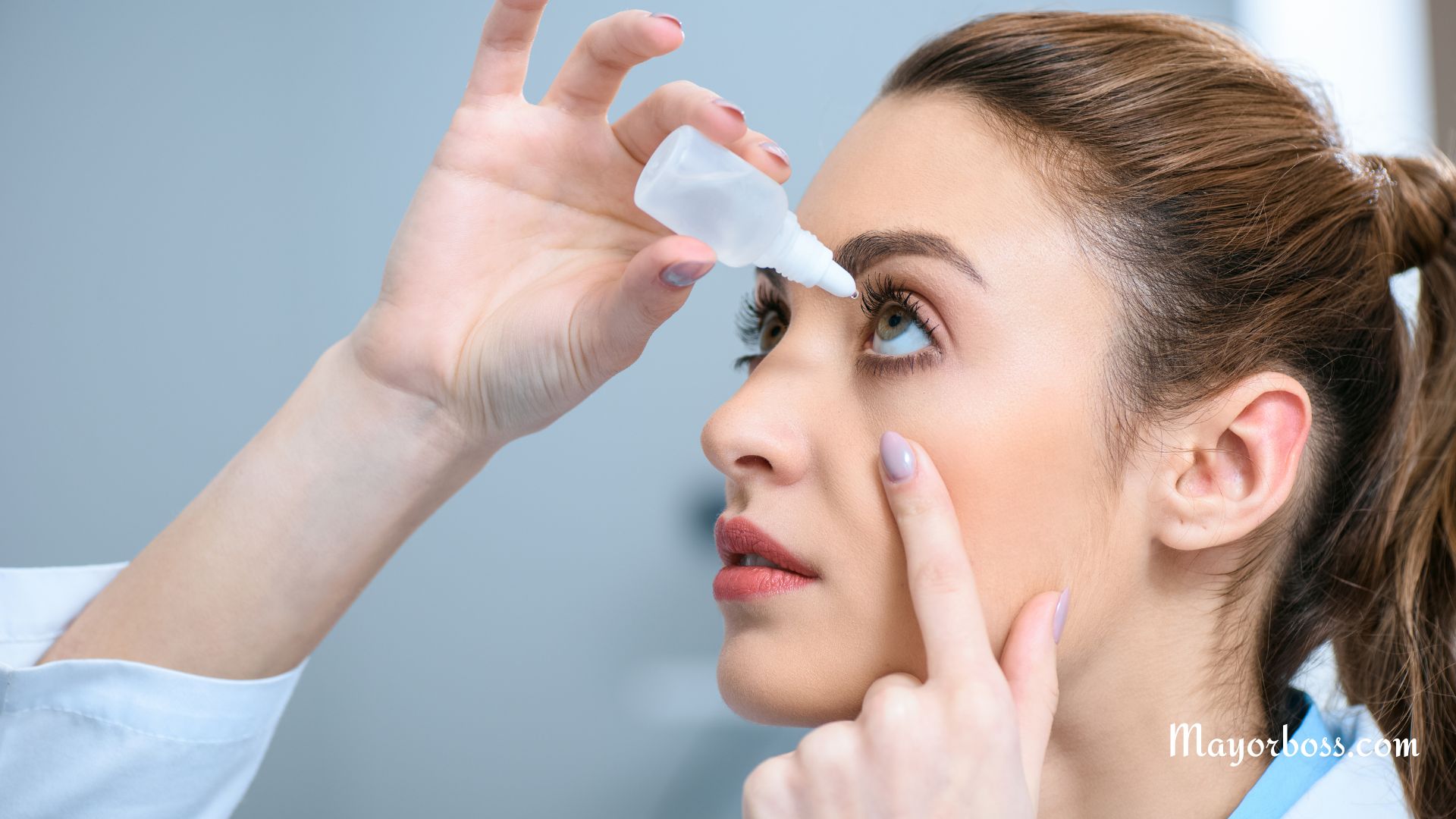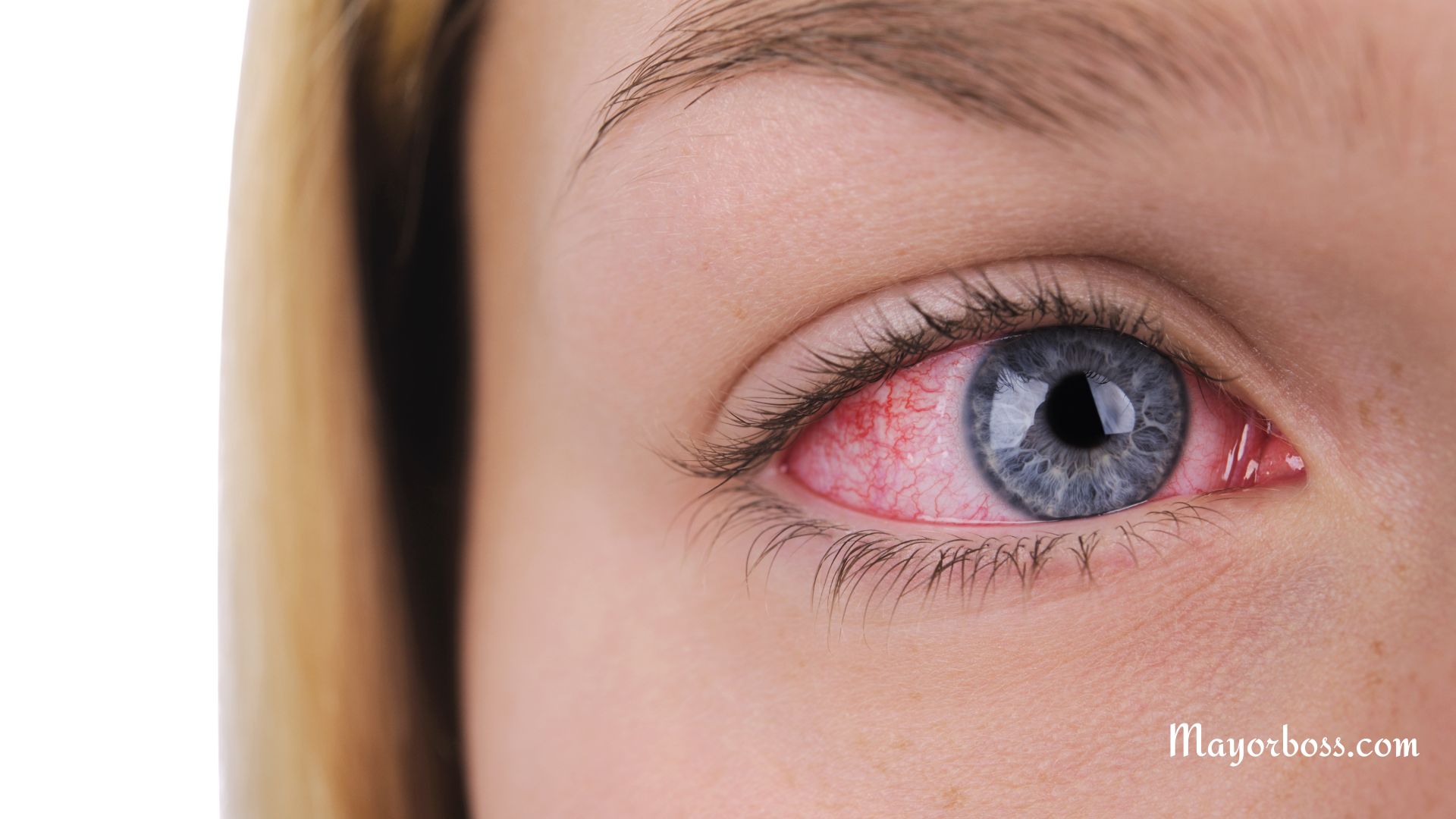Why You Might Have Blurry Vision in the Morning
Blurry vision in the morning can catch you off guard, but it’s usually not a major issue. Dry eyes, sleep debris, and medications are common culprits. But there are other factors like high blood sugar, hormonal changes, and even lifestyle choices like sleeping position and alcohol consumption that can play a role. In this article, we explore why this might happen and what you can do about it.

Dry Eyes
You wake up, yawn, and realize your vision is a little foggy. One reason could be dry eyes. When you sleep, you don’t blink, so your eyes may not be as well-lubricated as they are during the day. Usually, a few blinks, and you’re back to normal.
Sleeping on Your Face
Believe it or not, the way you sleep can affect your vision. Sleeping on your face can put pressure on your eyes, contributing to blurry vision upon waking. If you’re a face sleeper, try switching to sleeping on your back or side.
Drinking Alcohol Before Bedtime
Consuming alcohol before going to sleep can also affect your eyes. Alcohol dehydrates your body, including your eyes, which may lead to blurry vision when you wake up. To mitigate this, try reducing alcohol consumption, especially close to bedtime.
Sleep Debris
Another reason you might experience this temporary vision issue is the presence of sleep debris, also known as “eye gunk” or “sleep,” in the corners of your eyes. This stuff accumulates when you’re asleep and can blur your vision until you wash it away. So, before you panic, try rinsing your eyes with cool water.
Medication Side Effects
Are you on any medications? Some medicines, such as antihistamines or certain types of antidepressants, can dry out your eyes. Therefore, if you’ve started a new medication and notice blurry vision in the morning, consult your healthcare provider for an alternative solution.
Sleeping with Contact Lenses: A Risky Choice
Sleeping with your contact lenses in is not advisable. It restricts the flow of oxygen to your eyes, which can result in blurry vision in the morning. Make it a habit to remove your contacts before bedtime to avoid this issue.
Elevated Blood Sugar Levels
In people with diabetes, high blood sugar levels can cause fluid shifts in the eyes, affecting your vision. In such cases, the blurriness usually goes away as your sugar levels stabilize. Nonetheless, if this becomes a recurring problem, it’s crucial to speak to your healthcare provider for proper management and control of your blood sugar levels.
Hormonal Changes: Especially for Women
Fluctuating hormones can also be a culprit. For women, hormonal imbalances during the menstrual cycle can lead to dry eyes and, consequently, blurry vision. Moreover, pregnant women may experience similar symptoms due to hormonal shifts.
High Blood Pressure: Don’t Ignore This
High blood pressure can cause a range of health issues, and believe it or not, it can also affect your vision. The strain on your blood vessels can lead to minor blurriness. If you’ve been diagnosed with high blood pressure, make sure you’re monitoring it regularly.
Allergies: The Seasonal Suspect
Seasonal allergies can cause inflammation and swelling in the eyes. If you wake up with blurry vision during allergy season, this might be why. Over-the-counter eye drops can provide temporary relief, but for ongoing issues, a trip to the allergist is advisable.
Infection or Inflammation: When to Seek Medical Advice
In some instances, eye infections like conjunctivitis or inflammation can result in blurry vision. Symptoms often include redness, itching, and discharge. If you suspect an infection, it’s best to seek medical advice promptly to prevent complications.
Aging
As you age, the likelihood of waking up with blurry vision increases. This is often due to the natural aging process affecting the muscles in your eyes. While it’s a normal part of aging, regular eye check-ups can help you stay ahead of any potential issues.
Each of these reasons offers a possible explanation for your morning blurry vision. While some are straightforward to address, others may require medical intervention. Always talk to your healthcare provider for a proper diagnosis and treatment.






